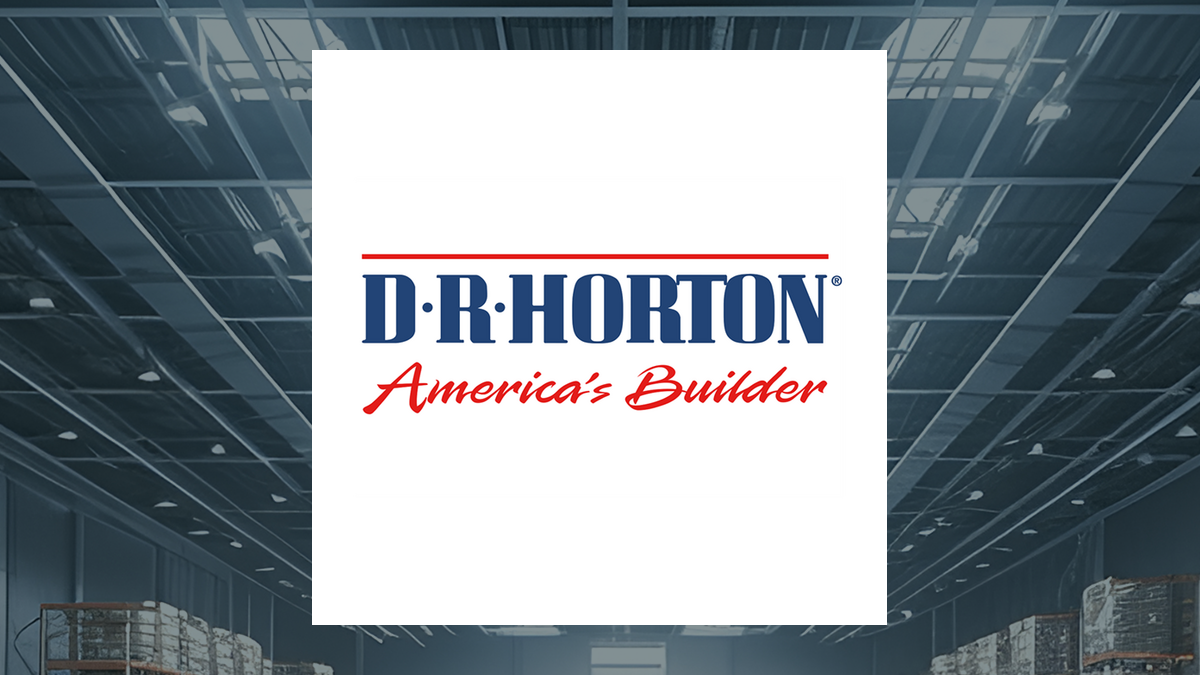 The company’s strategic approach focuses on maximizing shareholder value through experienced teams, cash management, and diverse investments. By controlling costs, improving efficiency, and investing in rental properties, they drive growth and profitability. With a strong focus on financial and competitive strength, they navigate risks like regulation changes and market fluctuations. Their commitment to sustainability and responsible practices aligns with long-term value creation. Looking forward, the company plans to adapt to industry cycles and capitalize on trends for sustained success in changing economic conditions.
The company’s strategic approach focuses on maximizing shareholder value through experienced teams, cash management, and diverse investments. By controlling costs, improving efficiency, and investing in rental properties, they drive growth and profitability. With a strong focus on financial and competitive strength, they navigate risks like regulation changes and market fluctuations. Their commitment to sustainability and responsible practices aligns with long-term value creation. Looking forward, the company plans to adapt to industry cycles and capitalize on trends for sustained success in changing economic conditions.
Executive Summary
Financials
Revenue growth has been steady over the past three years, primarily driven by an increase in interest income and other ancillary income sources. The activities resulting in this ancillary income are not significant individually or in total. Operating expenses have fluctuated due to controlling costs, improving efficiency, and making strategic investments. Significant changes include efforts to match production levels and expand rental properties. The company’s net income margin is 47.2% for 2024, which is an improvement from 2023. The company’s net income margin is higher compared to industry peers.
Management Discussion and Analysis
Management has focused on developing experienced teams, maintaining cash balances, managing inventory investments, controlling costs, improving operational efficiency, and investing in rental properties. These initiatives have been successful in driving growth and profitability. Management assesses the company’s competitive position by leveraging financial and competitive strength. They focus on maximizing returns, managing risk, and adapting to changing economic conditions. Market trends include investing in rental properties and evaluating potential acquisitions for enhancing the operating platform. Management has identified risks like mortgage financing changes, inventory challenges, growth obstacles, economic fluctuations, and supply shortages. Mitigation strategies involve diversifying investments, managing debt levels, and focusing on operational excellence. DHI also aims to navigate health crises and regulatory hurdles effectively.
Key Performance Indicators (KPIs)
Risk Assessment
Governmental regulations, competitive conditions, debt management, negative publicity, loss of key personnel, and activist stockholders’ actions are external factors posing risks to the company’s operations and financial performance. DHI assesses and manages cybersecurity risks by developing highly experienced teams focused on continuous improvement, maintaining strong liquidity, and actively managing inventory investments to diversify geographic risk. DHI faces legal claims related to construction defects and environmental violations but has reserves in place. They are addressing these issues by enhancing compliance measures and settling with governmental entities, minimizing potential financial impact.
Corporate Governance and Sustainability
The composition of the board of directors includes a Principal Accounting Officer. There are no notable changes in leadership or independence mentioned in the context. DHI focuses on operational execution and financial performance, but it does not specifically mention diversity and inclusion in governance or workforce. There is no stated commitment to board diversity. DHI focuses on maintaining financial flexibility, diversifying geographic risk, controlling costs, and providing quality services to homebuyers. These initiatives demonstrate a commitment to responsible business practices and sustainability, as seen in their strategic approach to long-term value creation.
Forward Guidance
The company’s forward-looking guidance aligns with its strategic initiatives by focusing on maximizing returns on investments, managing risk, and maintaining financial flexibility. This approach is aimed at consistently enhancing long-term shareholder value. DHI is factoring in the cyclical nature of the homebuilding, rental, and lot development industries. It plans to capitalize on these trends by adapting its strategies to navigate economic fluctuations and regulatory changes effectively. Yes, the company’s strategy includes developing highly experienced teams, maintaining a significant cash balance, and actively managing inventory investments to diversify geographic risk, demonstrating a commitment to long-term growth and competitiveness.
For more information:
This article was created using artificial intelligence technology from Klickanalytics.
